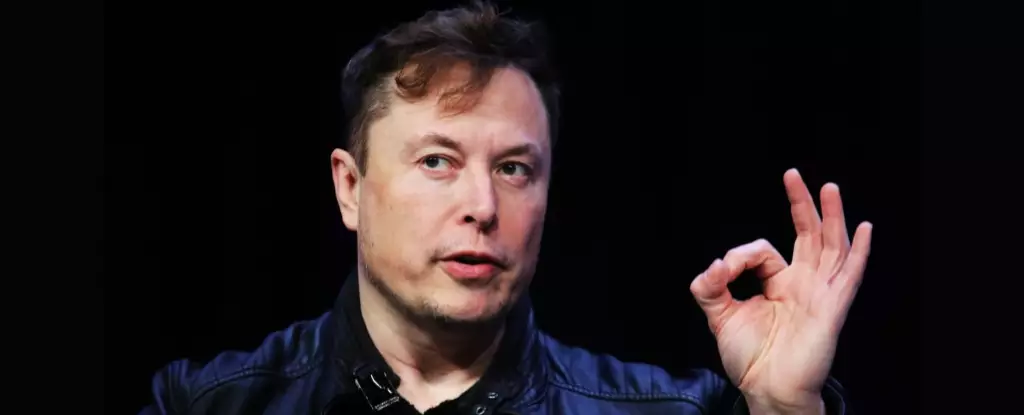Elon Musk recently made a bold announcement on X, claiming that a Neuralink brain implant has successfully been inserted into a human patient’s brain. This groundbreaking moment in neurotechnology provides hope for individuals who have lost the use of their limbs. Musk revealed that the initial results of this implant, called Telepathy, show promising neuron spike detection. With this device, users will be able to control various devices, including phones and computers, solely through their thoughts. The ultimate goal, as Musk envisions it, is to enable individuals with physical limitations to communicate faster than a speed typist or auctioneer. However, the implications of such a technology raise questions about its feasibility and limitations.
Musk has previously touted Neuralink as a revolutionary device, comparing it to a “Fitbit in your skull” that can eventually “solve” conditions such as autism and schizophrenia. While these claims are ambitious, neuroscientists have expressed skepticism. Experts believe that Neuralink may be effective at stimulating electrodes, providing better mobility for paralyzed patients or even restoring limited vision for the blind. However, it is unlikely to have the ability to fundamentally alter brain function or cure complex mental health conditions like Alzheimer’s. It is important to manage expectations and understand both the potential and limitations of this technology.
Neuralink faced significant obstacles in gaining approval for human testing. Last March, the FDA initially rejected Neuralink’s request due to concerns about overheating and movement of the brain chips. However, approval was eventually granted in May 2023. This milestone prompted thousands of individuals to volunteer for the trial, willing to undergo the removal of a portion of their skull for the implant. Neuralink targeted individuals with spinal cord injuries or those diagnosed with amyotrophic lateral sclerosis, commonly known as Lou Gehrig’s disease.
While Neuralink aims to assist individuals with neurological disorders, its long-term vision extends beyond medical applications. Musk envisions a future where people can send messages or play games solely through their thoughts. He believes that Neuralink will enable humans to achieve a symbiotic relationship with artificial intelligence, enhancing cognitive abilities and processing information faster. However, experts question the feasibility of this vision. Neuroscientists argue that the speed at which neurons work may ultimately limit the potential for super-enhanced thinking power.
As with any emerging technology, there are ethical concerns surrounding Neuralink. It is crucial to ensure that the intervention functions as advertised with minimal adverse side effects. Experts argue that comprehensive risk assessment and thorough consideration of potential ethical implications must be prioritized throughout the development process. Jason T. Eberl, a professor from Saint Louis University, stresses the importance of cautiously navigating the promises and challenges associated with Neuralink.
As Neuralink takes its first steps into human trials, excitement and skepticism intertwine. While this new neurotechnology holds significant promise in assisting individuals with physical limitations, it is crucial to critically evaluate its potential limitations and manage expectations. The ethical considerations surrounding Neuralink’s development cannot be dismissed, and proactive measures must be taken to ensure the safety and well-being of those who choose to embrace this technology. The path to realizing Musk’s grand vision of a symbiotic relationship between humans and artificial intelligence may be fraught with challenges, but it is through careful analysis and critical questioning that we pave the way for responsible innovation.


Leave a Reply